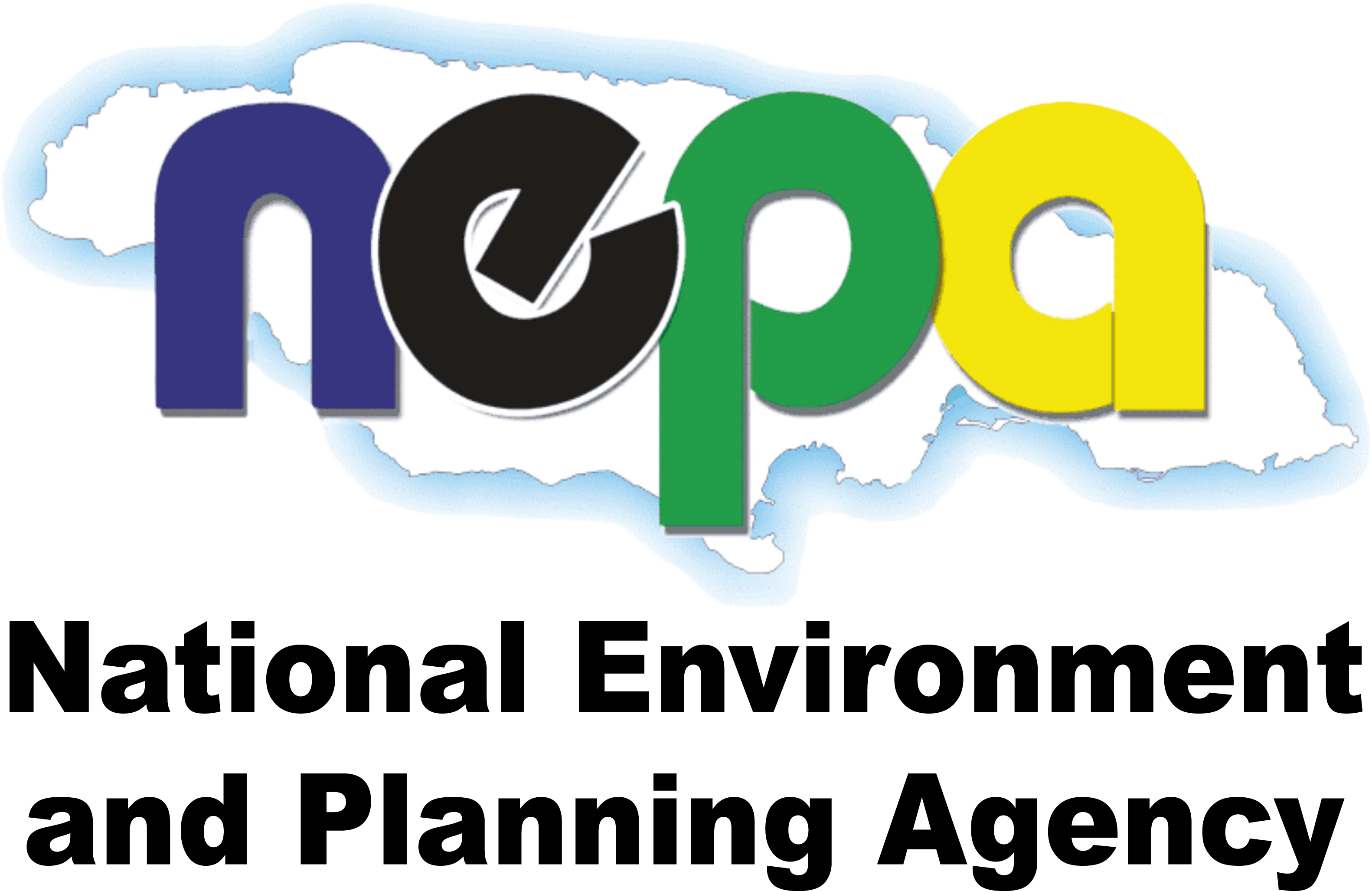Conventions & Treaties
Overview
The Government of Jamaica recognises that as a small island developing state, Jamaica faces many environmental challenges and as such, is committed to addressing these environmental issues. Some of these issues are, but are not limited to:
- Loss of species and biodiversity
- Ozone depletion
- Hazardous waste management
- Pollution from land-based sources
The Government of Jamaica is addressing these international and global concerns through Multilateral and Regional Agreements with other States. By taking steps to ratify or accede to the many environmental Conventions discussed hereafter, the Government is committing itself to adopting administrative policy, and legal mechanisms to implement these Agreements, as one step in promoting sustainable development at the national level.
